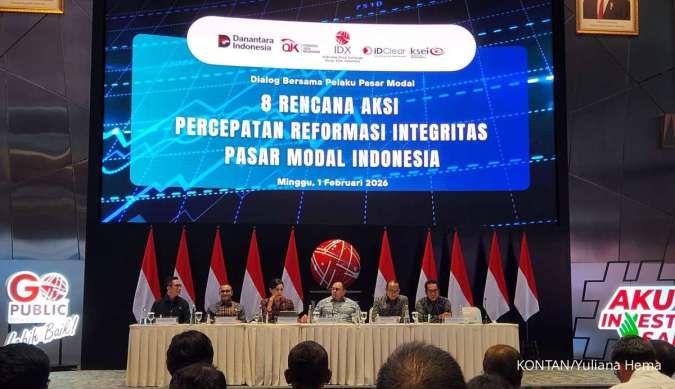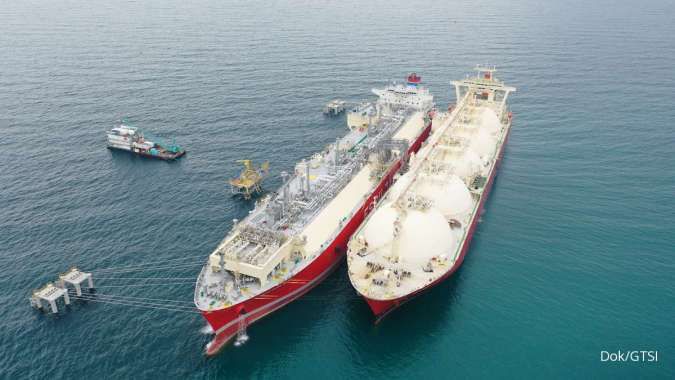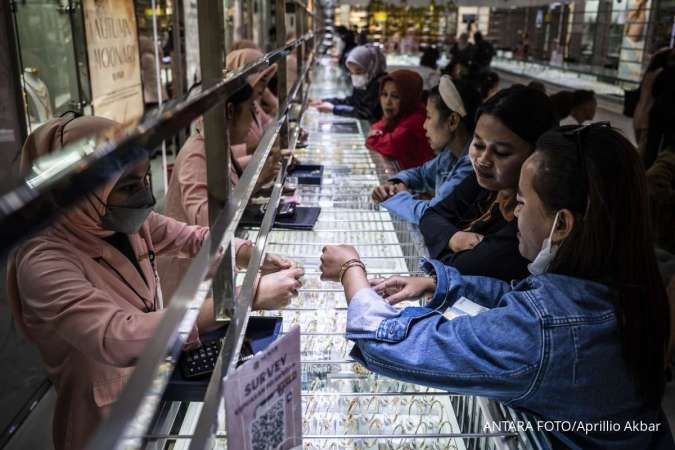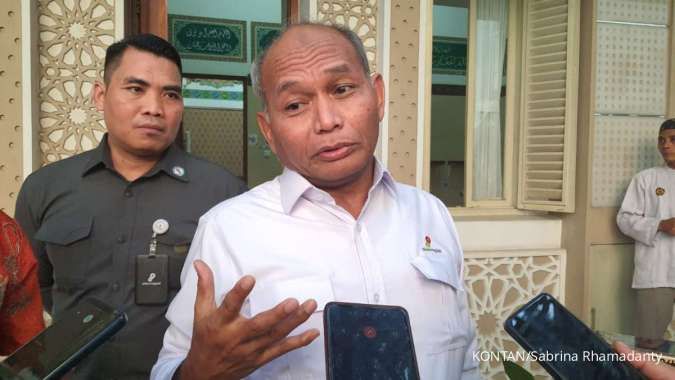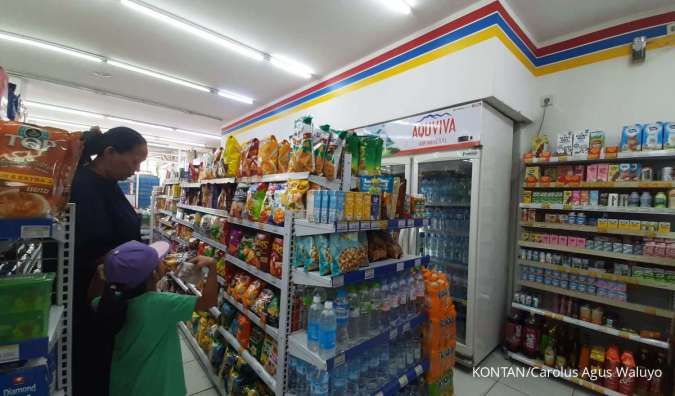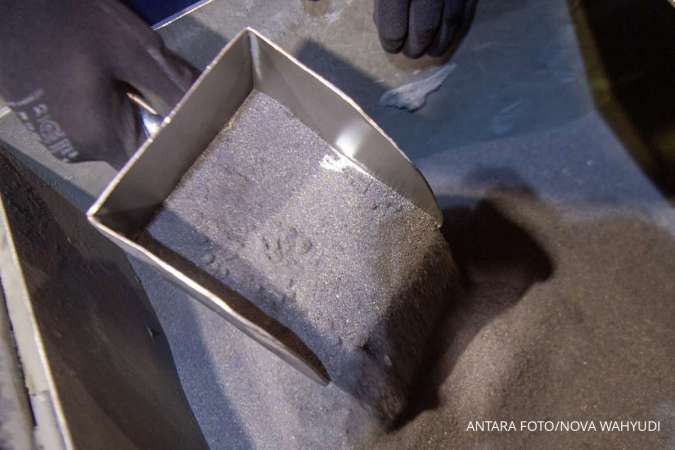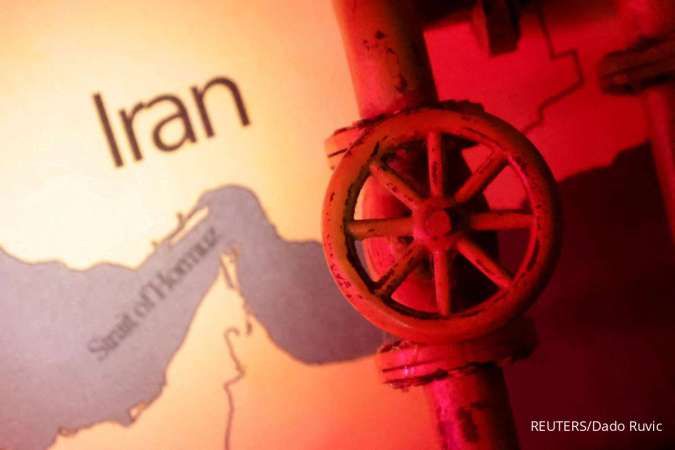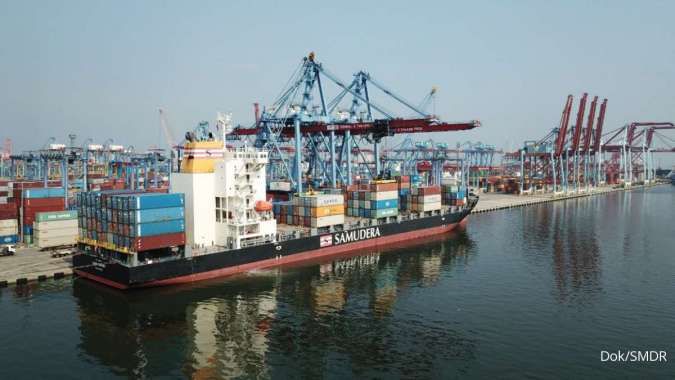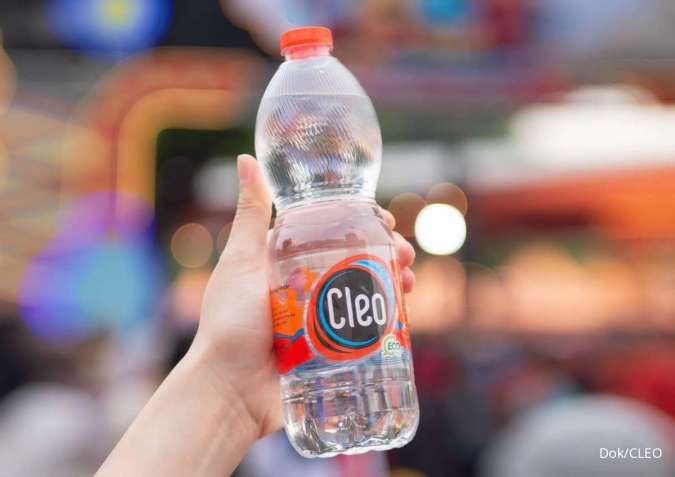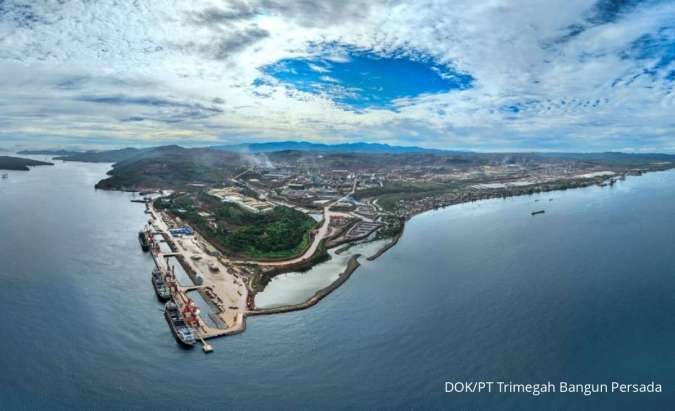PMN are not the Best Solution for SOEs Health
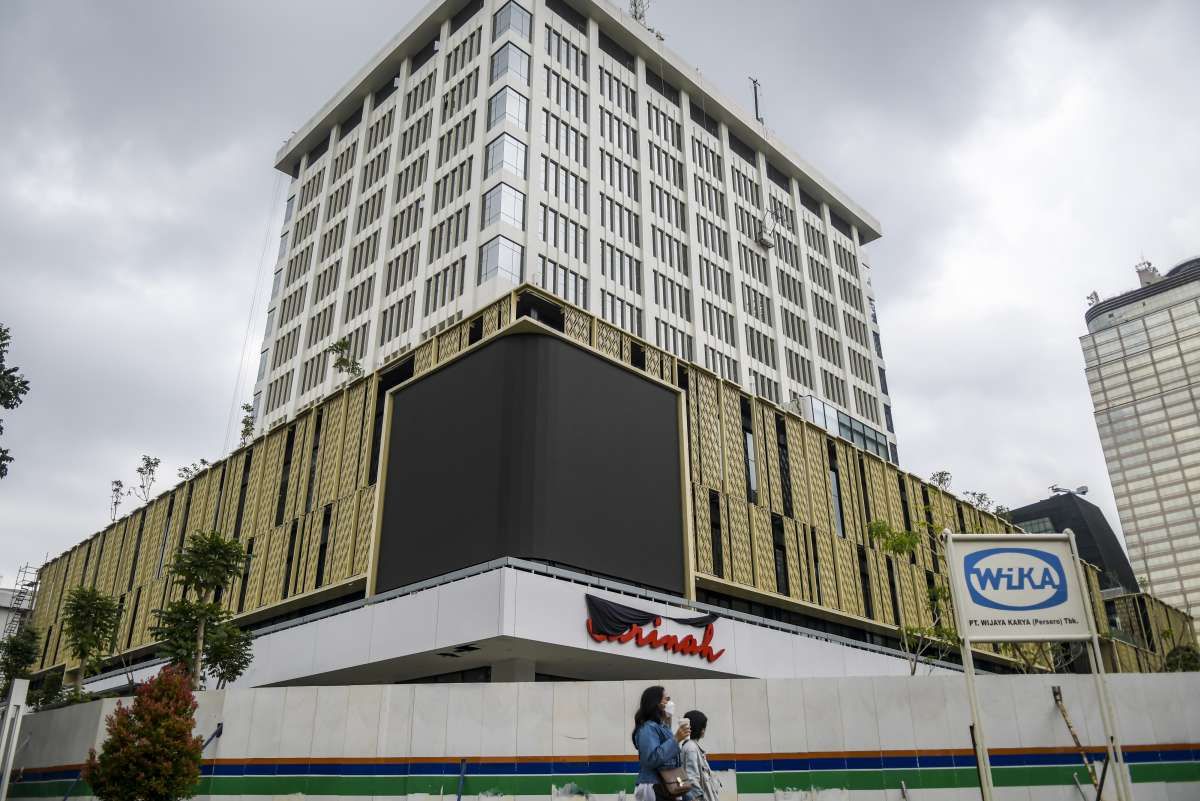
KONTAN.CO.ID - JAKARTA. The government is tinkering with next year's budget. The Ministry of State-Owned Enterprises (BUMN), for example, will maintain the dividend payments of state-owned companies at a level of Rp 80.2 trillion in 2024.
At the same time, the government will also increase state capital injection (PMN) to a number of SOEs to a total of IDR 57.96 trillion. The 2024 PMN value proposed by the Ministry of SOEs has swelled by IDR 24 trillion, or 70.8%, from the initial ceiling of Rp 33.9 trillion. Next year's PMN is also higher than this year's Rp 47 trillion.
SOE Minister Erick Thohir previously explained that the 2024 PMN would be used to complete a number of projects. One of them is the completion of the toll road project. The government also wants to boost the performance of SOEs that receive state funds.
With an estimate of fixed dividend income, while state capital injections will increase next year, a number of circles have criticized the policy amid the weakening performance of a number of SOEs that received PMN.
Member of Commission XI of the House of Representatives from PKS, Andi Akmal Pasluddin, questioned the PMN policy that SOEs continue to enjoy. According to him, capital injections will only make the SOEs concerned dependent on funding sources from the State Budget (APBN).
Baca Juga: Indonesian Court to Rule on Voting System Change as Election Nears
For example, PMN support for Infrastructure Developments SOEs in building toll road projects and other projects.
"Because Infrastructure development SOEs do not have the ability, the APBN is the target," he told KONTAN yesterday.
Abra Talattov, a researcher at the Institute for Development of Economics and Finance (Indef), revealed that several state-owned enterprises, after receiving PMN, did not show good performance.
There are even Infrastructure Development SOEs that have recorded an increasingly swollen debt-to-equity ratio (DER). Citing data from the Ministry of SOEs, he gave an example of PT Waskita Karya Tbk (WSKT).
One of these SEOs recorded a DER in 2022 of 590%. That figure has increased in the last four years. In 2019, WSKT's DER was 321%, rose to 537% in 2020, and then rose again in 2021 to 570%.
Likewise, PT Wijaya Karya Tbk (WIKA). In 2019, WIKA's DER was 223%, rising to 309% in 2020. Then it fell in 2012 to 298% but strengthened again in 2022 to 329%. In 2024, the Ministry of SOEs proposed a PMN worth Rp 8 trillion for WIKA.
"The provision of PMN does not actually support the health of SOE. So, a more fundamental strategy is needed," said Abra.
He emphasized the internal improvement of Infrastructure Development SOEs, including eradicating fraudulent individuals that could harm the company and the country, as well as increasing negative perceptions from the public.
"This is an anomaly. On the other hand, SOEs receive PMN, but there is massive corruption within SOEs that receive PMN," Abra said.
Director of the Center of Economics and Law Studies (Celios), Bhima Yudhistira, also questioned the function of the PMN. Because after last year SOEs managed to deposit quite a lot of dividends, this year they asked for additional capital for 2024, which was greater than last year.
"If it is only played again, there is no direct benefit to the state budget," he said.
Indef Senior Economist Avialiani asked the government to measure the multiplier effect of each provision of PMN funds to SOEs. Over the past five years (2019–2023), the government has injected PMN funds worth a total of Rp 213 trillion into SOEs.
In addition, the government must be selective in choosing which SOEs need to be injected, including those that can solve problems.
Deputy Chairman of Commission XI, Fathan Subkhi, promised to review and be selective in approving the allocation of PMN funds. Parliament will look at SOEs that are less than optimal and those that need encouragement so that they can be independent and take part at the global level.
The Ministry of Finance also stated that the PMN proposal for 2024 has not yet been discussed with the parliament.

